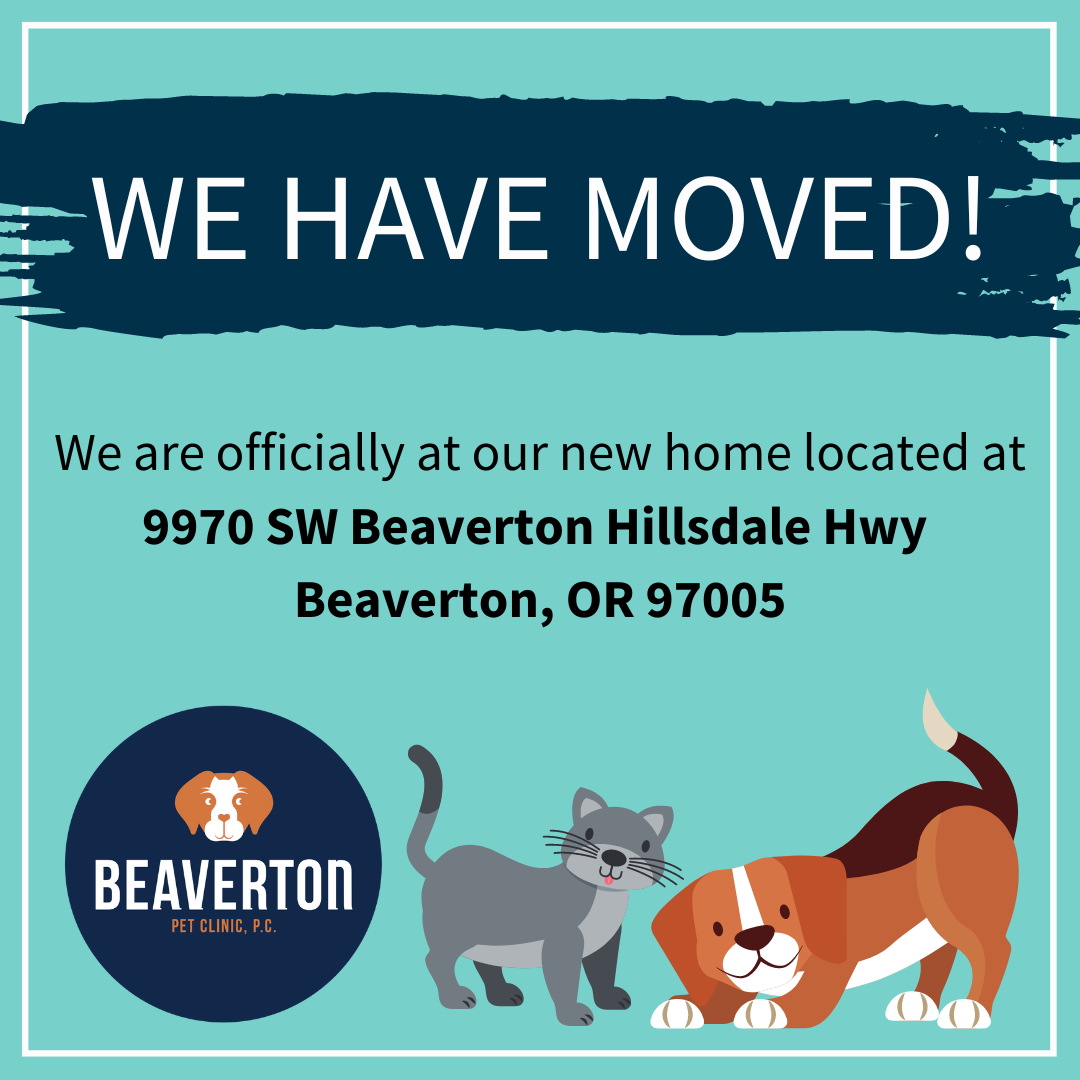GOAL: Happy, healthy, active pets
Can you guess what the most common form of malnutrition in pets of westernized societies is? Obesity! Pudgy pets may seem cute, but the truth is that they are not healthy. The most extensive surveys estimate that approximately 28% of the dogs and cats presented to small animal veterinarians are overweight to grossly obese. Overweight dogs and cats are divided into three categories:
- That 1-9 % above optimal weight are simply chunky,
- That 10-19 % above optimal are considered overweight,
- That 20+ % above optimal are obese.
Obesity develops when a pet’s energy intake exceeds their energy expenditure. Simply put- calories in are greater than calories out. Several risk factors contribute to this including genetics, gender, age, physical activity and caloric composition of foods and treats. Each individual’s risk factors must be understood if obesity is to be prevented or treated effectively. Obesity has many detrimental effects on the health of dogs and cats. The importance of which cannot be overstated when one considers the many diseases directly related to or aggravated by, obesity. These include skin disease, diabetes, hypertension, hypothyroidism, arthritis, hepatic lipidosis, heart failure, cancer, and most important, a decreased lifespan.
The benefits of weight reduction are many, including:
- Improved ease of activity
- Improved quality of life
- Staying healthier longer with delayed treatment for chronic conditions
- Healthier blood sugar, blood pressure, and heart rates
- Fewer visible signs of aging
- Longevity- On average, leaner pets live two years longer than their pudgier counterparts!
A successful weight reduction program is a multi-step process that requires pet owner commitment, a feeding and exercise plan, and close patient monitoring. Formulating a personalized diet plan to obtain optimal body condition involves:
- Setting the amount of calories allowed daily
- Selecting an appropriate food for each individual
- Specifying an amount to supply the daily calories needed
- Selecting the way the food is to be fed
Regular monitoring of patient weight loss is important to ensure the prescribed program is effective and maintained within healthy limits. Weigh-ins to monitor patient progress throughout the weight reduction process is an integral component of such a program.
Need help getting your pet down to a healthy weight? Your veterinarian is here to help. Give us a call, and we will set up a consultation with your veterinarian who will design a program tailored to your pet’s needs. Remember, it’s never too late to start!
Weight Management Services for Pets in Beaverton, OR
If your pet could benefit from Beaverton Pet Clinic’s weight management services for pets, please contact us online or via phone for more information to schedule an appointment today!
Explore Our Complete List of Veterinary Services in Beaverton, OR
What's Next
Call us or schedule an appointment online.
Meet with a doctor for an initial exam.
Put a plan together for your pet.


